Muslims Do Not Celebrate Christmas but Rejoice in the Sacred Month of Rajab
The world is filled with festive decorations, Christmas trees, and celebratory gatherings as it enters the final weeks of the Gregorian calendar. For the Muslims, however, this is a time that carries no religious significance whatsoever. Other than indulging in the festivities of Christmas, Muslims center their activities on the events and months that Allah has sanctified. One such time that receives great attention is the month of Rajab, which is deeply steeped in Islamic tradition.
This article aims to provide insight into why Muslims do not celebrate Christmas and how the coming of Rajab coincides with Islamic values and spirituality, supported by verses from the Qur'an and authentic hadiths.
Why Muslims Don't Celebrate Christmas
Many Christmas-observing peoples of the world use the celebration primarily as a Christian holiday in honor and commemoration of the birth of Jesus-peace be upon him. The Muslims, though maintaining Jesus as one of the highest-ranking messengers-known among Arabs as 'Īsā-highly revering him does not necessarily constitute grounds to celebrate his birth as any type of religious event in Islam due to the subsequent facts:
Unique Worship in Islam: Muslims believe in basing all acts of worship on what Allah has legislated in the Qur'an and the Sunnah of the Prophet Muhammad (peace and blessings be upon him). Allah says, "This day I have perfected for you your religion and completed My favor upon you and have approved for you Islam as your religion." (Surah Al-Ma'idah, 5:3)
Since Christmas is not in the Islamic tradition, following it is considered an innovation in religious practices.
Avoiding Imitation of Non-Muslim Customs: Prophet Muhammad (sallallaahu alayhi wa sallam) warned against imitating others. He is reported to have said:
"Whoever imitates a people is one of them." Sunan Abi Dawood, 4031, Sahih
This hadith demonstrates how important it is to have an Islamic identity and to avoid those practices that run completely against Islamic teachings.
Tawhid: The oneness of Allah - While Christmas is celebrated amongst Christians interwoven in theological beliefs of Jesus' divinity, Muslims confirm that 'Īsā - peace be upon him - was a prophet and servant of Allah. Allah explains this in the Qur'an:
The Messiah, son of Mary, was not but a messenger; messengers have passed on before him. And his mother was a supporter of truth. They both used to eat food. Observe how We explain the verses clearly for them, yet observe how they are sent astray. (Surah Al-Ma'idah, 5:75)
Giving divine attributes to anyone besides Allah is absolutely prohibited in Islam, and Muslims avoid any festivals based on such beliefs.
The Sacred Month of Rajab
Unlike Christmas, which is a non-Muslim worldly celebration, Muslims enjoy festivities of months and events which are made sacred by Allah Himself. Rajab, which is one of the four sacred months in Islam, is the most obvious example.
The Sanctity of Rajab in the Qur'an
Allah mentions the sacred months in the Qur'an:
"Indeed, the number of months with Allah is twelve [lunar] months in the register of Allah from the day He created the heavens and the earth; of these, four are sacred. That is the correct religion, so do not wrong yourselves during them." (Surah At-Tawbah, 9:36)
These are the months of Dhul-Qa'dah, Dhul-Hijjah, Muharram, and Rajab. Increased worship, abandon from sins, and a cry to Allah for mercy keep up during these months.
Rajab as a Preludio to Ramadan
Rajab is often seen as the beginning of spiritual preparation for Ramadan. Scholars liken it to the time of planting seeds, with Sha‘ban being the time to water them and Ramadan as the harvest. While no specific acts of worship are mandated in Rajab, it serves as an opportunity for Muslims to increase their good deeds and reflect on their relationship with Allah.
The Isra and Mi’raj
One of the most significant events associated with Rajab is the Isra and Mi’raj, the miraculous night journey and ascension of Prophet Muhammad (peace and blessings be upon him). Although the exact date is debated, many scholars place this event in Rajab. During this journey, the Prophet was given the command of five daily prayers, a cornerstone of Islamic worship.
The Qur’an references this event:
"Exalted is He who took His Servant by night from al-Masjid al-Haram to al-Masjid al-Aqsa, whose surroundings We have blessed, to show him of Our signs. Indeed, He is the Hearing, the Seeing." (Surah Al-Isra, 17:1)
The Isra and Mi'raj remind Muslims of Allah's greatness and the importance of salah in their lives.
Focusing on Islamic Identity
In the world where the cultural and religious boundaries have mostly blurred, it is very important that Muslims keep their feet on the ground. One does not disown all acts of goodwill and kindness to people for not celebrating Christmas; instead, it is adherence to the tenets of Islam. In the same way, rejoicing in Rajab reflects commitment to what Allah and His Messenger have emphasized.
Giving such occasions the importance of their status, like Rajab, Muslims lead a life that is in tune with guidance from Allah and bring themselves closer to their Lord. As Allah says:
"And whoever honors the symbols of Allah - indeed, it is from the piety of hearts." (Surah Al-Hajj, 22:32)
Conclusion
The abstention of the Muslims from celebrating Christmas reflects their commitment to Islamic teachings on monotheism and adherence to prophetic tradition. The bliss and spiritual satisfaction that they get is at events like the sacred month of Rajab. As this much-esteemed month is about to start once more, Muslims recall that they can do more acts of worship, make more repentance, and prepare their hearts for Ramadan.
By focusing on Allah's guidance and the example of Prophet Muhammad-peace and blessings be upon him-Muslims keep their identity intact with respect for the beliefs and practices of others. This balance will keep their lives in the right direction toward the ultimate goal: earning the pleasure of Allah and achieving success in the Hereafter.
Practical Steps for Muslims During Rajab
Hence, here's the significance Muslims can hold for Rajab by offering the following routine:
Increasing Supplications: Avail this month to make repentance and to seek Allah's good conduct. Prophet Muhammad (salullaahu alaihi wassalam) used to say the following in Du'a during this month :
"O Allaah, bless us with Rajab and Sha`ban and help us reach Ramadan."-Musnad Ahmand: 2346
Avoid Major Sins: Being one of the sacred months, it should be a period of extra caution not to commit major sins and especially oppression.
Increase in Good Deeds: Acts of charity are specifically recommended, as well as voluntary fasting and extra prayer. While Rajab is a month of non-obligatory fasting, it is worth mentioning that it is encouraged to fast on Mondays and Thursdays or on the 13th, 14th, and 15th of the lunar month.
Reflect on the Isra and Mi’raj: Use the story of this miraculous journey to deepen your connection with salah and appreciate its significance in your daily life.
By focusing on these practices, Muslims can maximize the spiritual benefits of Rajab and draw closer to Allah in preparation for the holy month of Ramadan.


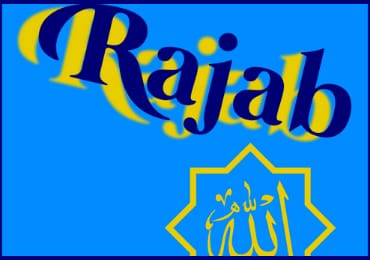
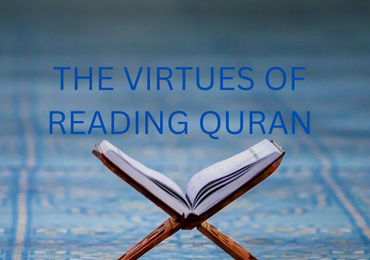
.png)
.png)
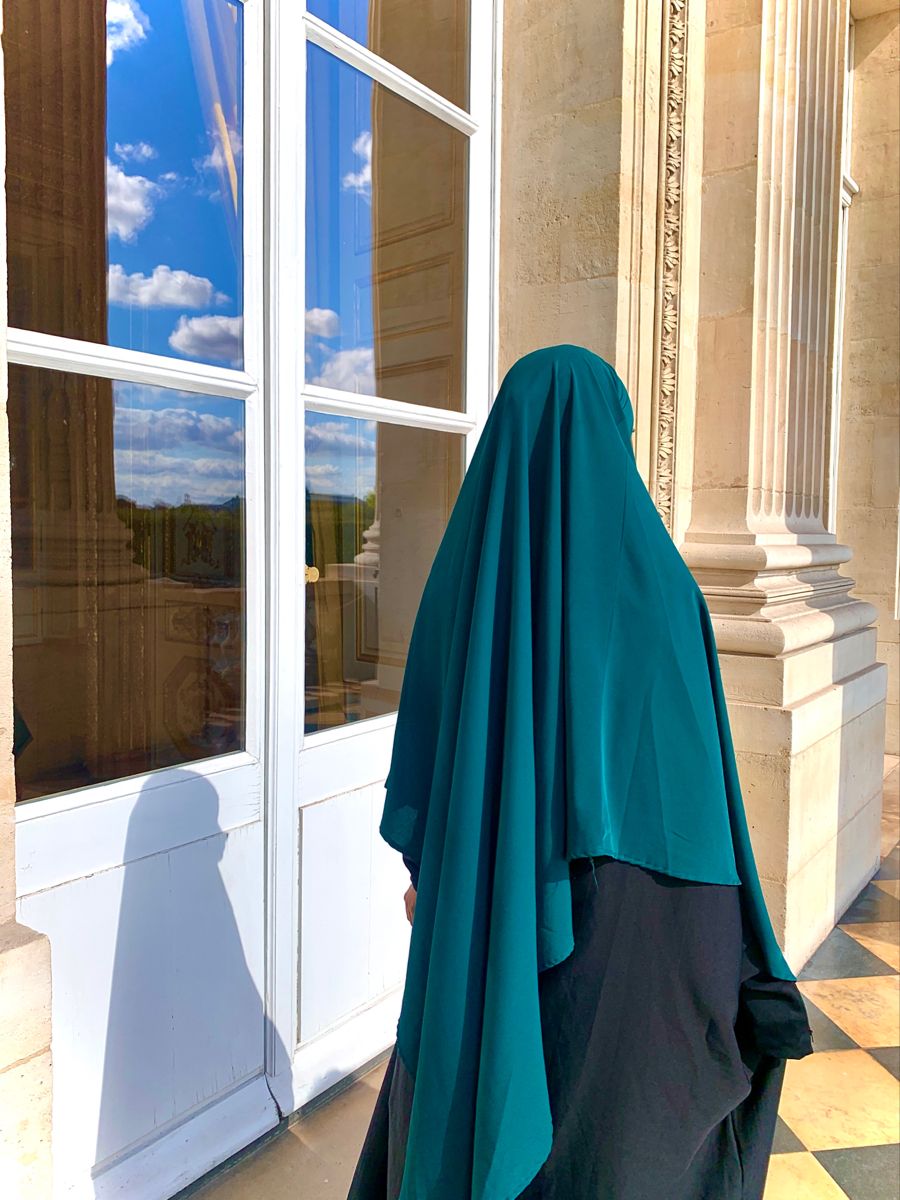
.png)
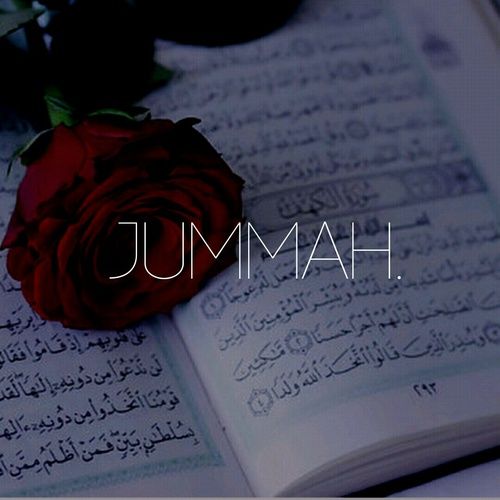
.png)

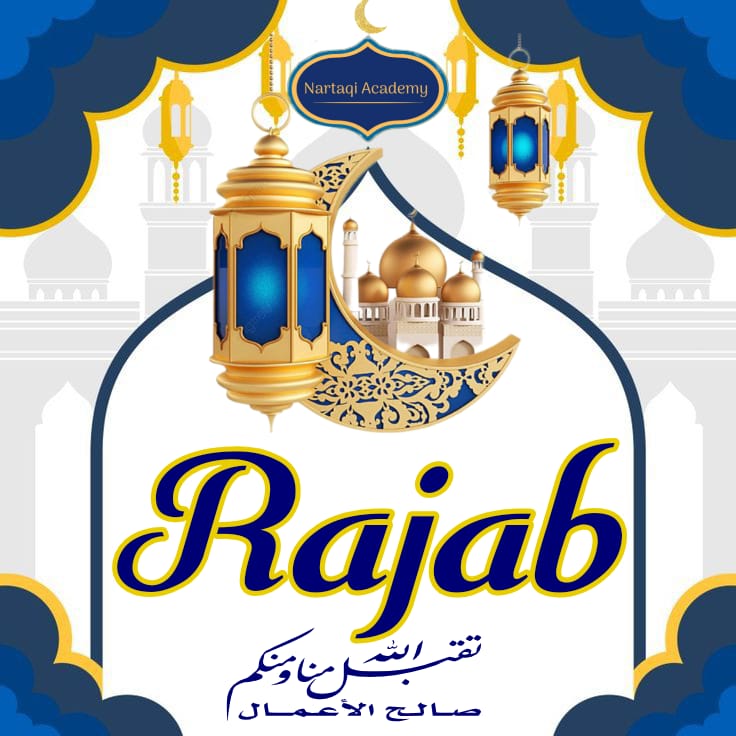
.png)


